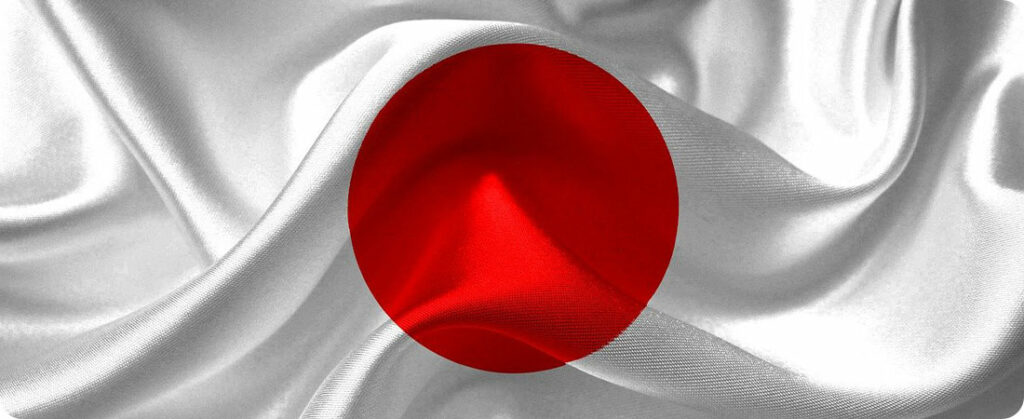
The Japanese government has suspended the import of live birds since Friday (16). originating from Rio Grande do Sul, in addition to temporarily prohibiting the entry of poultry meat and fresh eggs produced in the municipality of Montenegro, located in the metropolitan region of Porto Alegre. The measure was adopted after the confirmation of a case of bird flu on a commercial farm in the city of Rio Grande do Sul.
According to Thiago Oliveira, CEO of Saygo, a holding company specializing in foreign trade, foreign exchange and technological solutions for international operations, the suspension is in line with international health control protocols. “This decision is an immediate response to the identified health risk. Countries like Japan maintain a specific policy to protect their livestock and public health,” he explains.
The official statement, released by the Japanese Ministry of Agriculture, Forestry and Fisheries, classifies the measure as temporary and localized, highlighting that the restriction covers all imports of live birds from Rio Grande do Sul, and only fresh products from Montenegro.
Economic impacts and risks for the Brazilian poultry sector
Avian influenza is considered one of the main threats to global poultry production, not only due to its health impacts, but also due to its economic consequences for export chains. Brazil, which is the world's largest exporter of chicken meat, faces significant losses whenever outbreaks of the disease are confirmed, even if isolated.
Oliveira believes that the episode should serve as a warning to the sector. “It is essential that Brazil intensifies its monitoring and containment mechanisms to prevent specific cases from compromising strategic markets. Japan is one of the country’s main trading partners in the poultry sector, and any disruption, even if localized, generates distrust and impacts future negotiations,” he says.
Brazil's Ministry of Agriculture and Livestock (Mapa) has not yet commented on possible diplomatic negotiations to reverse the Japanese decision, but market analysts are already estimating specific impacts on exports in May and June.
The case in Montenegro is the first case of bird flu recorded on a commercial farm in Rio Grande do Sul this year. Until now, the outbreaks identified in the state involved only wild birds. Confirmation of infection in an intensive farming environment raises the alert level of health authorities and may generate similar reactions from other importing countries.
Poultry sector reviews strategies in light of exposed vulnerabilities
According to Thiago Oliveira, managing health crises in the poultry sector requires rapid communication, transparency and strengthening internal controls. “We need to avoid spreading fear and demonstrate, with technical data, that the episode is contained. Predictability is an important asset in international trade,” he highlights.
In addition to the direct impact on exports from Rio Grande do Sul, the Japanese measure exposes the vulnerability of regional production chains and equipment. According to Oliveira, the decentralization of production hubs and investment in biosafety should gain even more relevance in the strategic agenda of companies in the sector. “When a state concentrates a large part of the production destined for export, any interruption has a cascade effect. Brazil needs regionalized contingency reinforcement plans to maintain the confidence of its trading partners,” he says.
While Brazilian authorities and exporters try to mitigate the effects of the suspension, the episode reignites the debate on market and product diversification. For Thiago Oliveira, this is an opportunity to reassess dependence on specific markets and expand the supply of products with higher added value. “In addition to containing losses, the moment requires strategic vision. Investing in international health certifications and expanding presence in emerging markets can reduce risks in future health crises,” concludes the CEO of Saygo.
Source: Notícias Agrícolas












